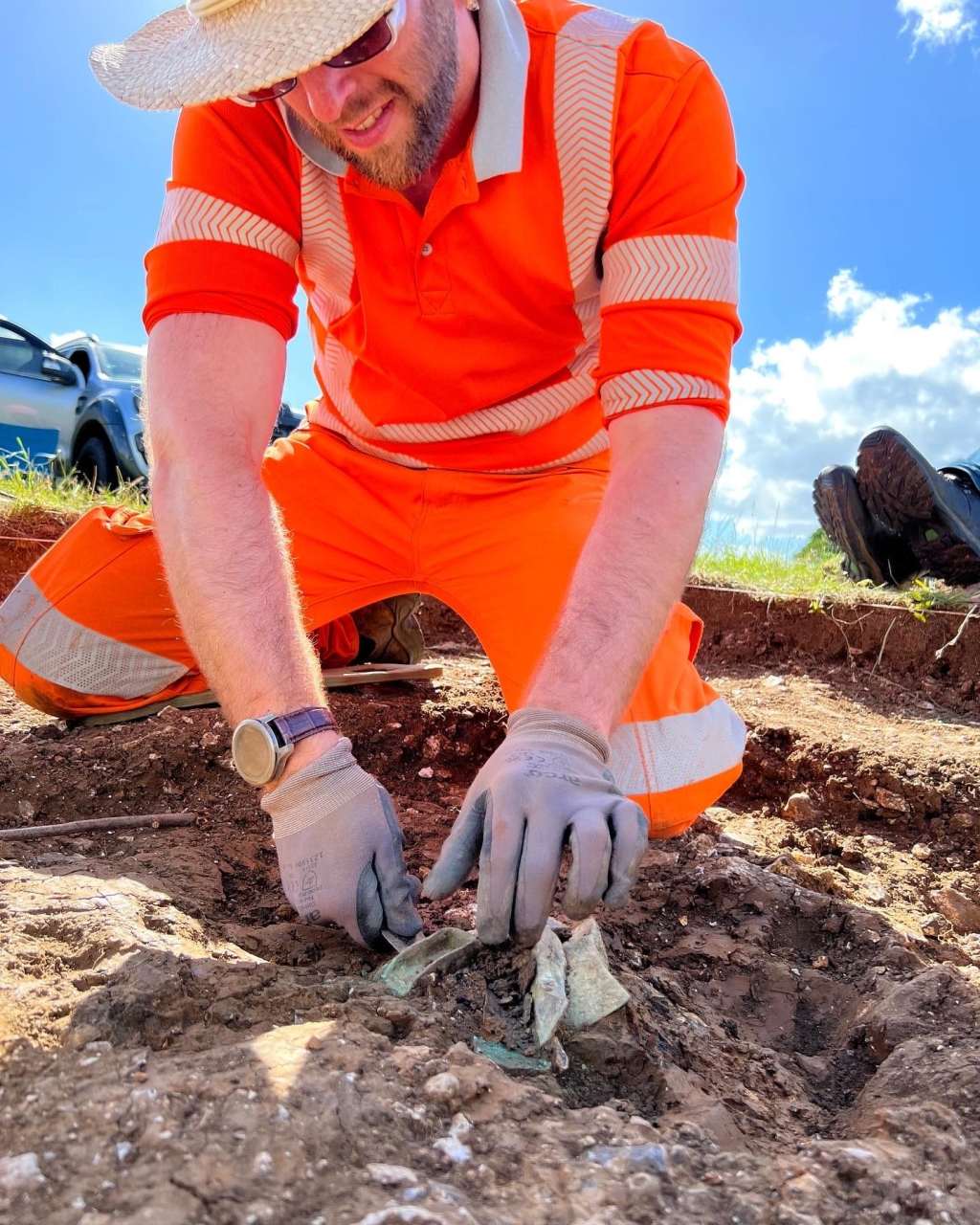Metal detecting is a popular hobby enjoyed by people of all backgrounds and walks of life. However, despite its inclusive nature on the surface, there are underlying issues of discrimination that exist within the metal detecting community. One prevalent form of discrimination is racial discrimination, where individuals from minority groups may face prejudice or exclusion based on their race or ethnicity. This can manifest in various ways, such as being overlooked for opportunities or facing microaggressions while participating in metal detecting activities.
Gender discrimination is another issue that plagues the metal detecting community. Historically seen as a male-dominated hobby, women enthusiasts often report feeling marginalized or underestimated in this space. They may encounter stereotypes that suggest they are not as skilled or knowledgeable as their male counterparts simply because of their gender. This can create a hostile environment for women who are passionate about metal detecting and hinder their ability to fully engage with the hobby.
Age discrimination is also a concern within the metal detecting community, with younger enthusiasts sometimes being dismissed or disrespected by older participants. Conversely, older individuals may feel alienated or out of place among a predominantly younger crowd. Ageism can prevent intergenerational bonding and knowledge-sharing within the hobby, ultimately limiting its growth and diversity.
Discrimination based on disability presents significant barriers for individuals with disabilities who wish to participate in metal detecting. From physical limitations that make it challenging to maneuver equipment to societal stigmas that underestimate their abilities, disabled individuals often face obstacles that hinder their full enjoyment of the hobby. Accessibility concerns must be addressed to ensure equal opportunities for all enthusiasts regardless of their physical capabilities.
The LGBTQ+ community also faces discrimination within the metal detecting world, with some members experiencing intolerance or exclusion due to their sexual orientation or gender identity. Homophobic or transphobic attitudes can create an unwelcoming atmosphere for LGBTQ+ individuals who wish to engage in metal detecting activities openly and authentically. In order to foster inclusivity and diversity within the community, it is crucial to challenge discriminatory behaviors and promote acceptance and respect for all members regardless of sexual orientation or gender identity.
In addition to these forms of discrimination, socioeconomic status can also play a role in shaping experiences within the metal detecting community. Individuals from lower-income backgrounds may struggle to afford equipment or access resources that are readily available to more affluent participants. This economic disparity can create divides and limit opportunities for those who do not have financial means but are eager to engage in the hobby.
Discrimination against indigenous peoples is another pressing issue in the context of metal detecting, particularly when it comes to land use and cultural heritage preservation. Indigenous communities have long been marginalized and exploited by outsiders seeking artifacts without consideration for sacred sites or ancestral lands. It is essential for metal detectorists to approach archaeological sites with respect and sensitivity towards indigenous perspectives and rights.
Furthermore, discrimination related to religion or belief systems can impact how individuals interact within the metal detecting community. Prejudice against certain faiths or spiritual practices can lead to exclusionary behaviors that ostracize those who hold different beliefs from the majority group’s norms.
Nationality-based discrimination is yet another challenge faced by some enthusiasts involved in metal detecting activities around the world today Ethnicity-based bias has no place in an inclusive pastime like this one; everyone should be welcome regardless Of where they come from originally
In conclusion Metal Detecting should be an inclusive activity open To everyone willing To learn And share Their passion For history And discovery Discriminatory attitudes only serve To divide The Community And limit The potential For growth And enrichment That Can come From embracing diversity And fostering mutual respect Among All Participants
